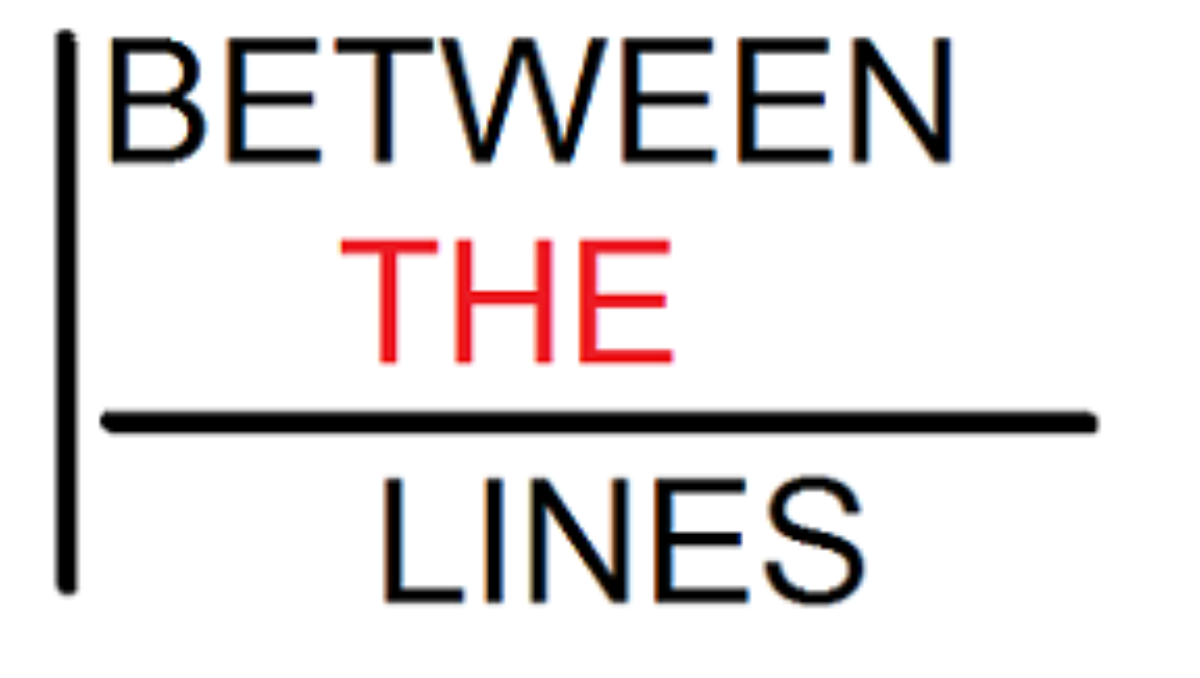Between the Lines: An Interview with Craig Morgan Teicher
To kick off our new interview series, “Between the Lines,” we talk to contributing editor Craig Morgan Teicher about the vagaries of the artistic process and the thematic obsessions that ultimately guide its course.
FWR: You’re currently working with prose poems, which also take on a more conversational structure than some of your previous work. In your poem, “Layoff,” from your book To Keep Love Blurry, you write, “It’s not what you say, but / how you say it and why, whom you address / that makes a poem go.” Can you talk a little about the how and why of these new poems?
CMT: Well, I’m not currently working in prose—I’m actually really going on a new heap of poems that I hope will settle into a manuscript soon, and I’m not sure yet whether this group of prose pieces will fall in with them. These prose pieces came about because Rusty Morrisson at Omnidawn was kind enough to ask me for a chapbook, and after writing and turning in and editing and seeing the publication of To Keep Love Blurry, I felt pretty dried out. Good writing just wasn’t coming, though I wanted to be writing very much—there’s no better feeling than words coming out. So I set myself a project—to take “big topics” as my titles and then kinda think my way down a page on the topic. I let myself write in prose because many of the poems in To Keep Love Blurry are in strict forms and rhyme schemes, and I wanted to break my mind out of those habits, or to take some pressure off. As I wrote a few pieces like this, a voice began to emerge and the pieces began talking to each other. Whether or not it seems like it, these pieces were heavily worked over and drafted over months, which is to say, I guess, that they were a lot hairier when they started.
FWR: Your chapbook, Ambivalence and Other Conundrums, will be published this fall by Omnidawn. The poems featured here touch briefly on specifics, such as a mother’s death, a father’s alcoholism, the speaker’s wife. In the chapbook, do these pieces combine to create a longer narrative?
CMT: Dang, and I thought I was being veiled and unautobiographical in these pieces. Alas. Those three characters—the mother, the father, the wife—which, er, may or may not have an autobiographical basis, keep coming up. Obviously, aside from their relationship to my lived life, they’re important symbols to me, as I end up writing about the way between being a child and being a parent, how one gets there, what the markers and stepping stones are. The chapbook doesn’t have a narrative, but it’s got plenty of evidence of my same old obsessions, as do the new poems I’m working on.
FWR: Do you feel you tend to address your obsessions directly in much of your writing, or do you find they usually manage to seep in on their own? How have they evolved—whether the obsessions themselves or your approach to them—between books?
CMT: I think there are two kinds of writers: those who repeat themselves a lot and those who repeat themselves a little less. I’m the former rather than the latter, I believe, though I hope I’m finding new ways to say the same things. I don’t mind it when writers obsess over their obsessions for an entire career, as long as they get somewhere with it, which I hope I am/will. I think we’re pretty helpless against our obsessions—mine include fear, guilt, my mother, poetry, fatherhood, son-hood, and thinking on camera, as it were—but I try to find new angles of approach.
FWR: I love this idea of taking these “big topics,” as you mentioned earlier, and writing into them, both intellectually and personally. What was the first “big topic” you chose and how did you begin? Did you discover something new or surprising about your relationship to any of these topics while writing these poems?
CMT: Jeez, I can’t even remember now. It was probably fear…I think the subtitle of all of these pieces is “fear,” if not the actual title. Writing is just an endeavor to keep the inner mouth moving, to fend off silence, which is the element in which fear spins its weird webs, which, in fact, are probably as harmless as real spider webs are (to people), but that doesn’t stop most of us from freaking out whenever we walk into one and feel its invisible chords sticking to our skin. I suppose I was reminded of how susceptible to fear I am while writing these pieces, and how interested I am in it, what a muse fear is.
Three Poems by Craig Morgan Teicher
|
More Interviews |
- Published in Between the Lines, Interview, Series



